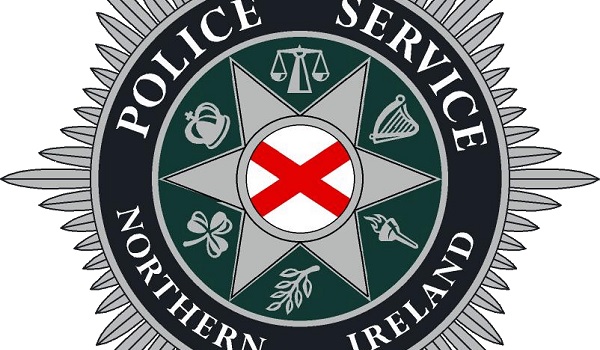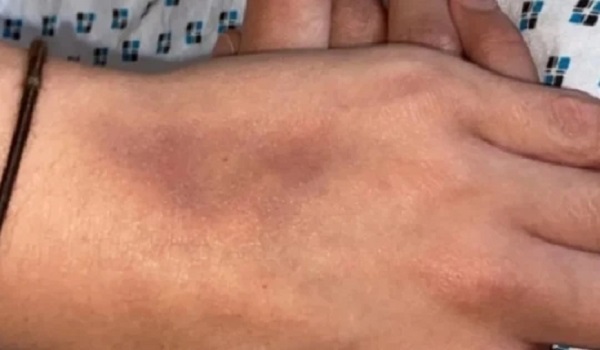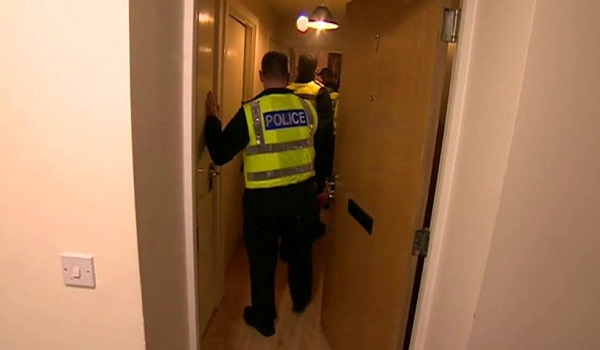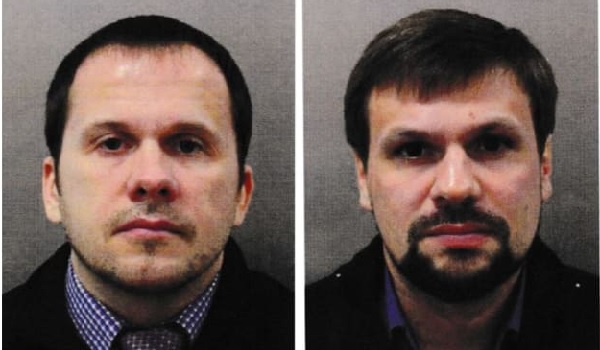Legacy Bill ‘could undermine crucial independence’
The Public Prosecution Service (PPS) has warned that a new legacy Bill for Northern Ireland may fail as the amount of time allowed to investigate serious crime related to the past “may not be achievable”.
The PPS’s response to the consultation on proposals intended to deal with outstanding issues from the Northern Irish Troubles also highlighted significant financial concerns if a new investigative body is created.
The draft Addressing the Legacy of Northern Ireland’s Past Bill provides for an investigatory phase of five years which could then be subject to one-year extensions thereafter.
The Bill proposes the establishment of a Historical Investigations Unit (HIU) as an independent, investigative institution responsible for completing outstanding inquiries into Troubles-related deaths.
During the Troubles, 302 officers were murdered – 200 of which remain unsolved.
The PPS said it would very likely need the support of HIU well after these five years, but that the consultation did not leave a window long enough.
The response also argued that clauses within the Bill could undermine the “crucial independence” between the investigators and prosecution; a position very different to current arrangements with the Police Service for Northern Ireland (PSNI).
On Friday (October 5), the Police Federation Northern Ireland (PFNI) argued that the HIU, which it described as a “parallel police service”, is “lop-sided, one-sided and massively unfair on the wider police family”.
The PFNI also iterated its opposition to the Bill because it equates “terrorists with police officers”.
The PPS was also concerned that the Bill would add too much pressure on the organisation because all cases would be referred to the Director of Public Prosecutions.
It noted that there is already mounting pressure from other casework, which makes it very difficult to meet expectations, especially as there is no extra funding stream for legacy cases and there have been budget cuts in the past years.
The PPS added that the time expectations are not simply financial, but that “Northern Ireland is a small jurisdiction and the pool of criminal lawyers with the necessary experience to undertake this type of work is limited.”
Furthermore, the introduction of an Independent Commission on Information Retrieval (ICIR), which would give `a non-criminal justice route by which families can, upon request, seek and receive information about deaths’ may be exploited and used to prejudice future criminal cases, the PPS warned.
“It would therefore appear that the establishment of the ICIR which would exercise its functions in parallel with the work of the HIU may, in certain circumstances, create risks to the administration of justice,” it said.
The Director of Public Prosecutions, Stephen Herron, said: “We have carefully considered the detailed proposals from a prosecutorial perspective. We are in agreement with the view that the system currently used is not delivering enough for victims, survivors and wider society. We can see that this is largely due to disjointed criminal justice processes and insufficient funding for institutions to deliver within acceptable timeframes.
“Whatever legislative framework emerges from the current consultation, it will be my priority to ensure that, regardless of the background of either the deceased or the reported suspect, the same level of careful prosecutorial analysis, rigour in decision-making and sensitive and appropriate treatment of victims’ families and witnesses is delivered. “
This is a fundamental principle in ensuring that the PPS can properly discharge its statutory functions and its role in maintaining the rule of law. Of particular importance will be close working relationships between the PPS Director and the Director of HIU to ensure that the needs of all victims are met and that clear and transparent protocols are agreed for ensuring effective communication and standards of care.”
The consultation on the Bill ended on October 5.







